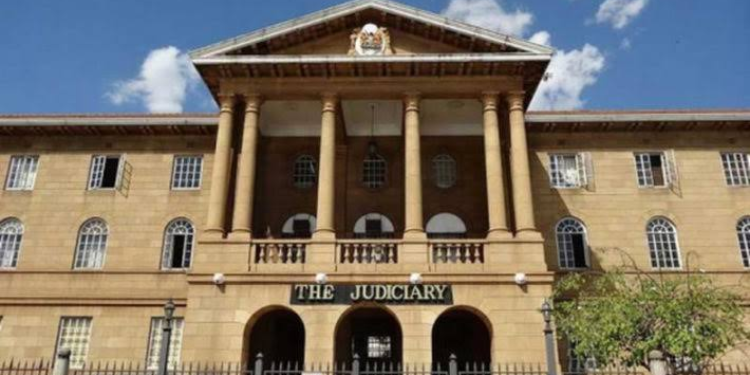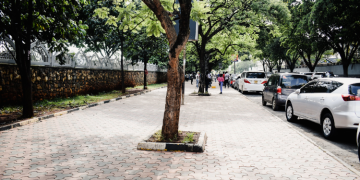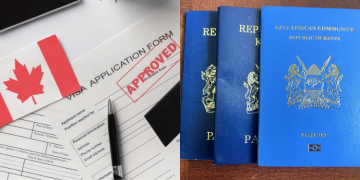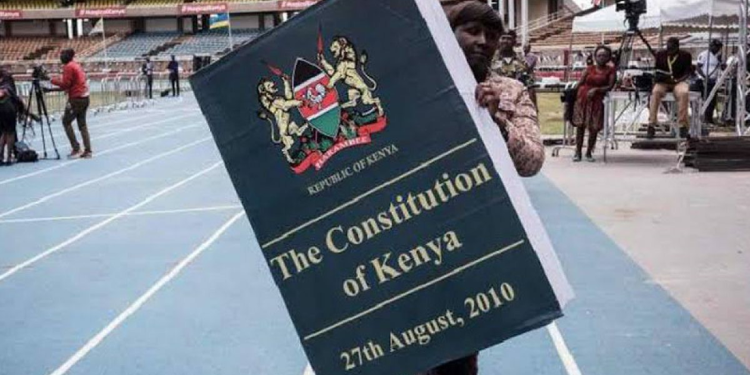Kenyans seeking justice beyond the courts have avenues provided by the Constitution for lodging a constitutional petition in the High Court or presenting a petition to Parliament.
Both options give citizens a direct voice in challenging violations of rights, questionable government actions, or even calling for new laws.
Under Article 22 of the Constitution, individuals can file constitutional petitions in the High Court if they believe their rights have been infringed.
Articles 37 and 119 give Kenyans the right to petition Parliament, a process governed by the Petitions to Parliament (Procedure) Act of 2012.
Petitions to the High Court
A constitutional petition in the High Court begins with drafting a petition that specifies the violated rights and the remedies sought.
It must be supported by an affidavit and relevant evidence. Once filed with the court registry and served to the respondent, the court gives directions for responses, submissions, and hearings.
Also Read: How Kenyans Can File Cases Worth Up to KSh1 Million in Small Claims Court
Urgent cases may attract conservatory orders to stop ongoing violations. The High Court then delivers judgment, which can include compensation, declarations of invalidity, or orders restraining government actions.
Step by Step via Court
- Draft the petition: State which constitutional rights or provisions have been violated, how they were violated, and what remedies you seek. Attach an affidavit and supporting evidence.
- File at the High Court: Submit the petition at the High Court and pay the required filing fees.
- Serve the respondent: Deliver the petition to the Attorney General, state organ, or individual named in the case.
- Court directions: The court gives timelines for responses and submissions and sets a hearing date. Conservatory (temporary) orders may be requested in urgent cases.
- Hearing and judgment: Both sides present arguments. The court delivers a ruling, which may include compensation, declarations, or striking down unconstitutional actions or laws.
Petitions to Parliament
The Petitions to Parliament Act sets out clear rules. A petition must be:
Also Read: Legal Steps to File an Election Petition in Kenya
- Written in English or Kiswahili, respectful in language, and free from alterations.
- Addressed to either the National Assembly or the Senate.
- Accompanied by the petitioner’s name, address, ID number, and signature or thumbprint.
- Clear on whether the matter has been raised before a relevant body and if a response was received.
Confirm that the matter is not pending in court.
Petitions are submitted to the Clerk of the relevant House, either directly by the petitioner or through an MP (who cannot petition on their own behalf).
Within seven days, the Clerk reviews the petition for compliance. If admissible, it is forwarded to the Speaker for tabling.
Parliament then considers it in line with Standing Orders, and the petitioner must be notified of the decision within 15 days.
A public register of petitions is maintained by the Clerks of both Houses and remains accessible to citizens.
Follow our WhatsApp Channel and X Account for real-time news updates.










































































